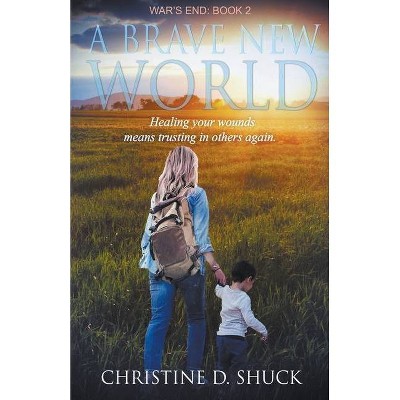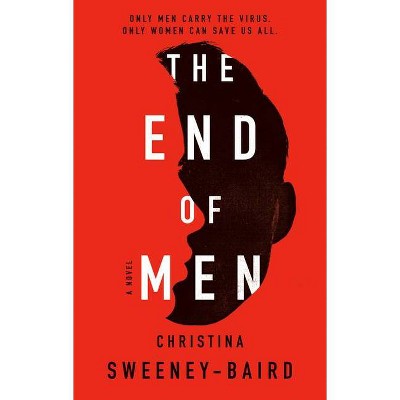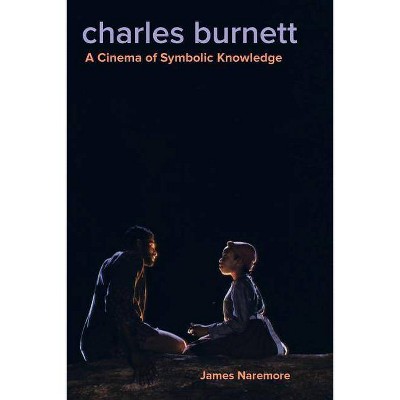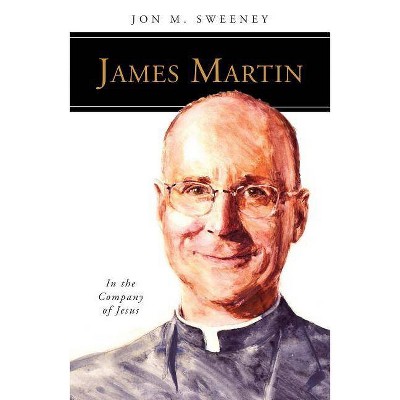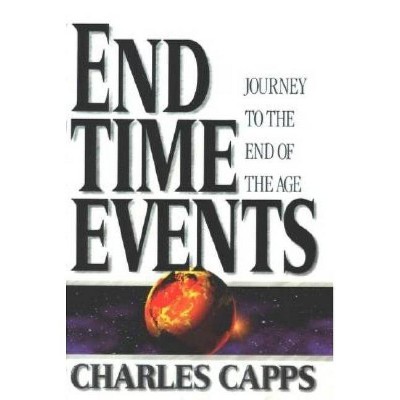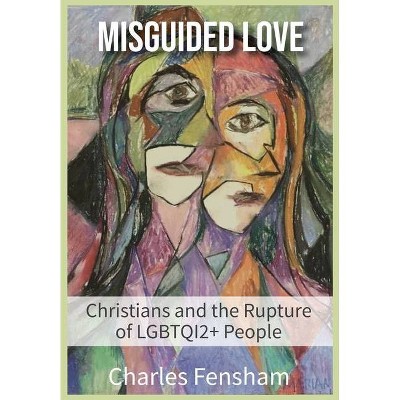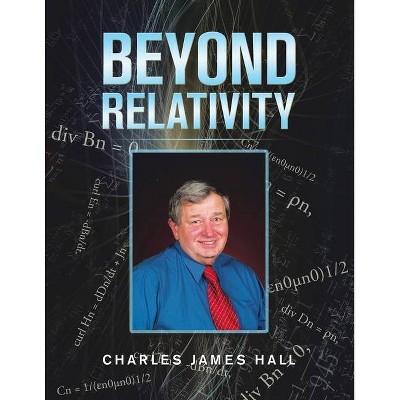War's End - by Charles W Sweeney & James A Antonucci & Marion K Antonucci (Paperback)
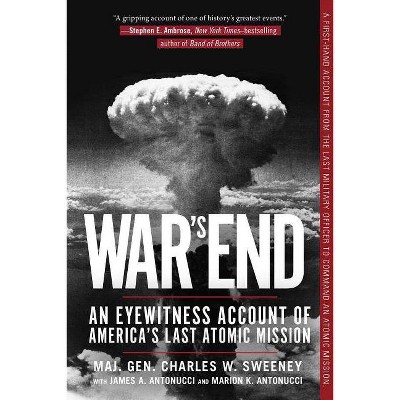
Similar Products
Products of same category from the store
AllProduct info
<p/><br></br><p><b> About the Book </b></p></br></br>"The last military officer to command an atomic mission, Maj. Gen. Charles W. Sweeney has the unique distinction of having been an integral part of both the Hiroshima and the Nagasaki bombing runs.<p/><br></br><p><b> Book Synopsis </b></p></br></br>On August 9, 1945, on the tiny island of Tinian in the South Pacific, a twenty-five-year-old American Army Air Corps major named Charles W. Sweeney climbed aboard a B-29 Superfortress in command of his first combat mission, one devised specifically to bring a long and terrible war to a necessary conclusion. In the belly of his bomber, <i>Bock's Car</i>, was a newly developed, fully armed weapon that had never been tested in a combat situation. It was a weapon capable of a level of destruction never before dreamed of in the history of the human race, a bomb whose terrifying aftershock would ultimately determine the direction of the twentieth century and change the world forever.<br> The last military officer to command an atomic mission, Major General Charles W. Sweeney has the unique distinction of having been an integral part of both the Hiroshima and the Nagasaki bombing runs. Now updated with a new epilogue from the co-author, his book is an extraordinary chronicle of the months of careful planning and training; the setbacks, secrecy, and snafus; and the nerve-shattering final seconds and the astonishing aftermath of what is arguably the most significant single event in modern history: the employment of an atomic weapon during wartime.<p/><br></br><p><b> Review Quotes </b></p></br></br><br>A splendid book . . . a gripping account of one of history's greatest events. <b>--Stephen E. Ambrose, <i>New York Times</i>bestselling author of <i>D-Day</i> and <i>Band of Brothers</i></b><br> Maj. Gen. Charles W. Sweeney is a revisionist historian's nightmare--a clear-eyed, thoughtful witness who remembers exactly what he did and why. Reading <i>War's End: An Eyewitness Account of America's Last Atomic Mission</i>, it becomes difficult if not impossible to ascribe other motives to the men who bombed Hiroshima and Nagasaki, as so many latter-day interpreters have sought to do. There is no arguing with his somber, compelling story.<br> But this is also an account of the daily life of the men and women who fought World War II, written with such detail, sweep, and compassion that it might have been a novel, not an autobiography. <br> Charles Sweeney is the best kind of warrior, motivated by real patriotism. For setting straight a difficult record, his book is invaluable. For commemorating a generation of heroes, his book is unforgettable.<br> --<b>Dan Rather, former news anchor for <i>CBS Evening News</i> and author of <i>Rather Outspoken</i></b> <p/> Major General Sweeney's personal account of this historic event that ended World War II is revealed in a way that makes you feel like you are in the plan alongside the crew as they undertake their hazardous, breathtaking mission. A must read for any student of WWII.--<b>Senator John McCain</b> <p/> At a time when all too many revisionist want to re-write the history of World War II and the decision to use nuclear weapons to end it, General Sweeney has gives us the first person account of those momentous events. As the only pilot who participated in both Hiroshima and Nagasaki, Chuck Sweeney vividly portrays the dawning of the nuclear age and explains why it was necessary. --<b>former Vice President Dick Cheney</b><br>BR> Compelling . . . an exciting tale. . . . Every American who harbors guilt about our use of atomic bombs will find peace of mind after reading Gen. Sweeney's gripping story.--<b>James A. Lovell, <i>Gemini 7</i> and <i>12</i>, <i>Apollo 8</i> and <i>13</i></b><br> A candid account, as authentic as it is arresting, providing the ultimate insider's tale of this fateful mission.--<b>James MacGregor Burns, winner of the Pulitzer Prize and the National Book Award for <i>Roosevelt: The Soldier of Freedom</i></b> A gripping account of one of history's greatest events by the only person present at Hiroshima and Nagasaki. Sweeney is straight-forward and convincing in answering a question no one asked in 1945 by very much on peoples' minds half a centry later: Was it necessary to use the bombs? ...Recommend without reservation.--Stephen Ambrose, bestselling author and historian<br><p/><br></br><p><b> About the Author </b></p></br></br><b>Major General Charles W. Sweeney, USAF</b> entered military service on April 28, 1941 as an Army Air Corps aviation cadet. He was awarded the Silver Star for piloting the atomic bomb drop on Nagasaki and retired from the military in 1976 with the rank of major general. General Sweeney died in 2004. <b>James A. Antonucci</b> is a graduate of Boston College and Suffolk University Law School and a former Assistant District Attorney for Suffolk (Boston) County, MA. He is presently practicing law in the metropolitan Boston area and living in Marblehead, MA. <b>Marion K. Antonucci</b> was a schoolteacher and speechwriter for Massachusetts governor Michael Dukakis, and served as assistant to Boston University president John R. Silber. Marion died in 2005 and is survived by her husband James.
Price History
Price Archive shows prices from various stores, lets you see history and find the cheapest. There is no actual sale on the website. For all support, inquiry and suggestion messagescommunication@pricearchive.us

